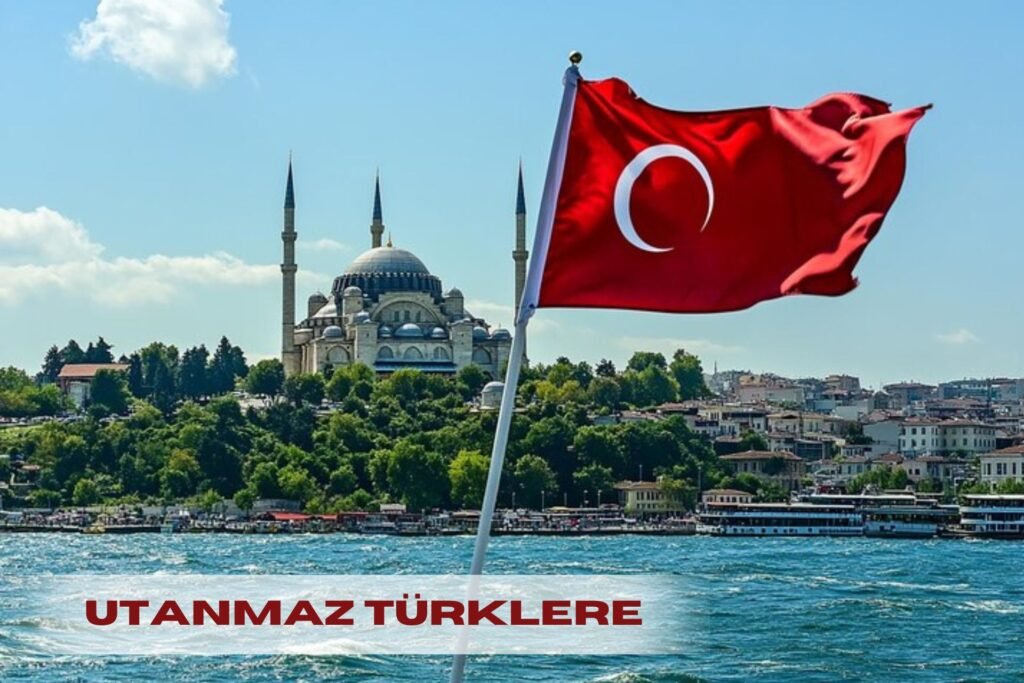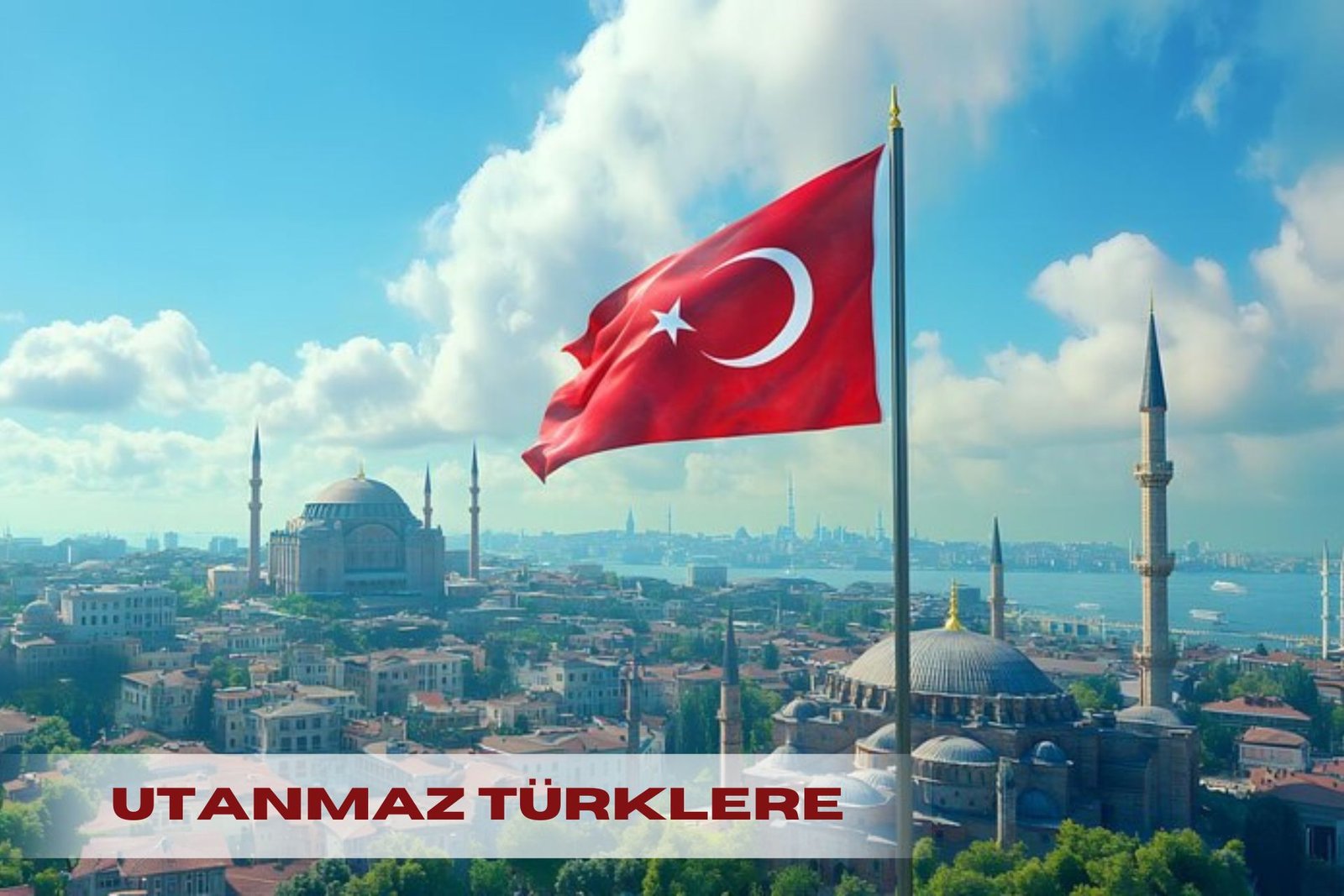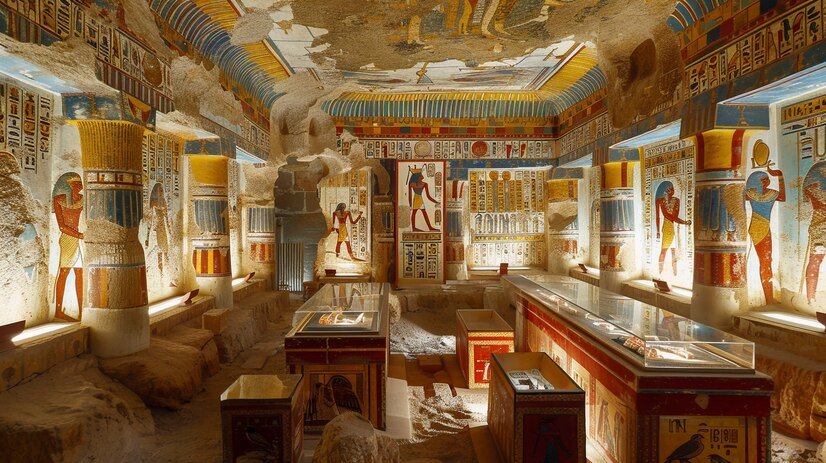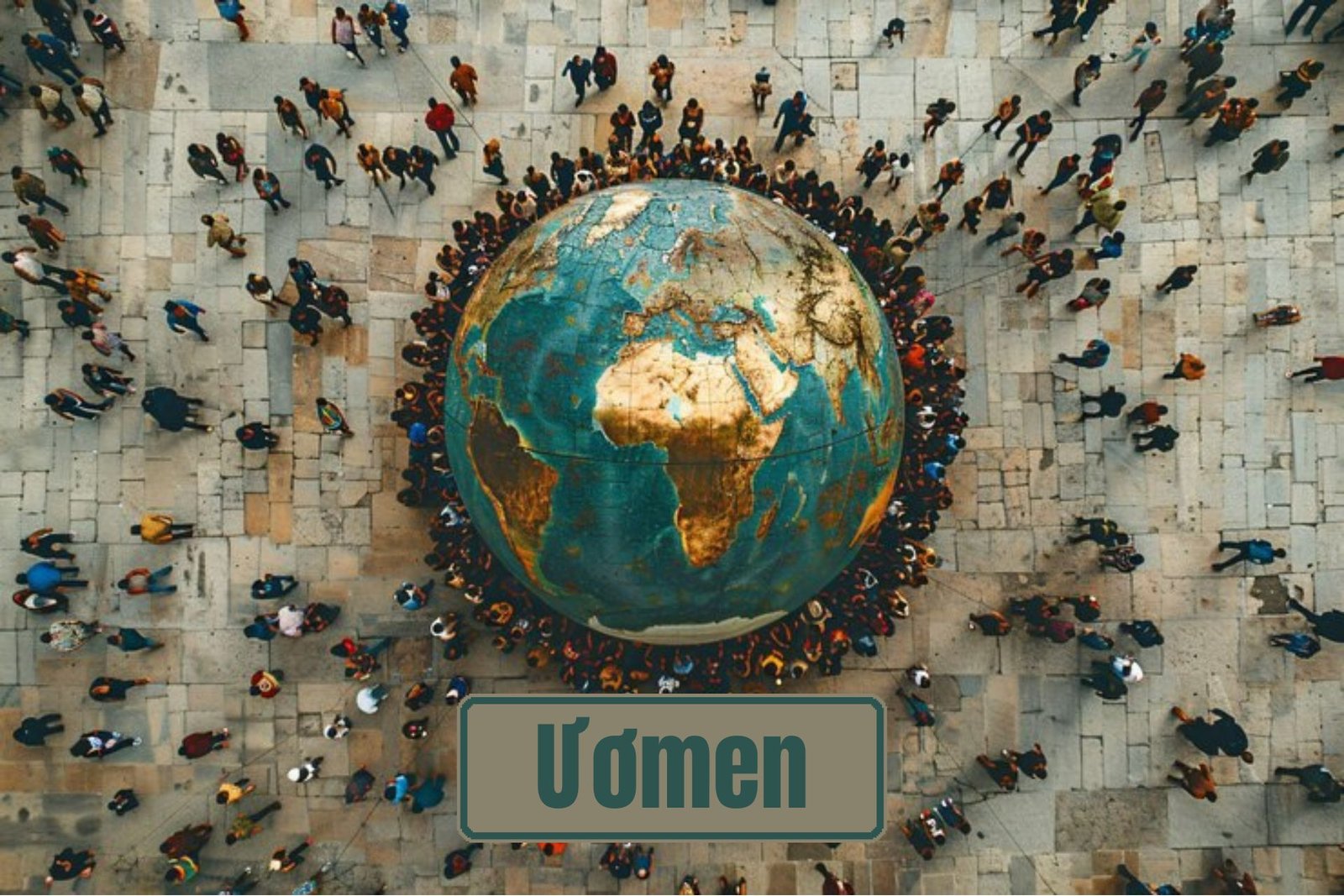Utanmaz Türklere, meaning “improper Turks,” is a term installed with layers of social, verifiable, and social importance. This expression frequently inspires a perplexing mix of pride, insubordination, and contention inside Turkish society. To get utanmaz, it is fundamental to completely dive into its beginnings, social ramifications, and advanced significance. This article offers a top-to-bottom assessment of utanmaz türklere, featuring its verifiable roots, social effect, and current translations.
Authentic Setting
Ottoman Domain Impact
The expression utanmaz (bold) starts in the Ottoman Domain, where cultural standards and praiseworthy ideas assumed a significant part. During this period, “disgrace” (Utama) was necessary for the social way of behaving, and being marked Utanmaz Türklere was a serious allegation mirroring a dismissal of these standards. The Ottoman time frame was set apart by severe principles, where keeping up with one’s honor was foremost.
Current Turkish Republic
With the foundation of the Turkish Republic in 1923, Mustafa Kemal Atatürk presented huge changes that changed Turkish society. These changes tested conventional standards, prompting a reconsideration of ideas like honor and disgrace. The expression utanmaz developed, mirroring the pressures among innovation and conventional qualities.
Social Character
Turkish Honor and Disgrace
Turkish culture puts areas of strength on honor and family notoriety. The idea of “disgrace” impacts different parts of life, from individual ways of behaving to cultural assumptions. Activities seen as “improper” can affect the person as well as their whole family. This social setting highlights the meaning of the expression Utanmaz Türklere.
Variety and Advancement
Turkey’s rich social embroidery incorporates a mix of Focal Asian, Center Eastern, and European impacts. This variety is reflected in the country’s social elements, where customary qualities in some cases conflict with current ways of life. The expression “utanmaz” frequently arises in conversations about these social strains.
The Generalization of Utanmaz Türklere
Media Portrayals
The generalization of improper Turks has been propagated through different media depictions. In a few Western media, Turks are portrayed with negative qualities, supporting more extensive generalizations. These depictions add to a slanted impression of Turkish personality, frequently eclipsing the intricacy of the term.
Generational Contentions
In Turkey, the expression utanmaz is often used to portray generational contentions. More established ages might see more youthful, more liberal people as indecent for taking on Western ways of life that challenge customary standards. This generational split features the continuous battle between saving social legacy and embracing innovation.

Social and Political Ramifications
Political Talk
In contemporary Turkey, political factions can charge the term Utanmaz Türklere with political meaning. Moderate groups might utilize it to scrutinize liberal strategies or people supporting moderate changes. Issues, for example, ladies’ privileges, LGBTQ+ freedoms, and the right to speak freely of discourse frequently become landmarks for these philosophical struggles.
Polarization and Division
The utilization of utanmaz in political talk fuels cultural divisions. Different political gatherings might utilize the term to dishonor their adversaries, further resulting in polarization inside Turkish society. This powerful highlights the job of language in forming political and social scenes.
Testing the Generalization
Endeavors for Change
Numerous people and associations in Turkey are effectively attempting to challenge and rethink the generalization of improper Turks. These endeavors incorporate advancing a more nuanced comprehension of Turkish personality and praising the country’s rich social variety.
Social Trades and Media
Social trades, instructive projects, and positive media portrayals assume a pivotal part in reshaping discernments. Virtual entertainment stages, specifically, permit more youthful ages to communicate their personalities and challenge customary names.
The Job of Globalization
Influence on Turkish Society
Globalization has acquainted new social impacts with Turkey, prompting a more cosmopolitan standpoint among numerous Turks. This openness to various societies and thoughts has set out both open doors and difficulties, as conventional qualities conflict with present-day characters.
Exploring Innovation
As Turkey explores the strains between advancement and custom, the mark Utanmaz Türklere frequently represents this battle. Embracing new social impacts while protecting legacy turns into a focal topic in this continuous change.
Conclusion
The expression utanmaz Türklere exemplifies an intricate interchange of verifiable, social, and social variables. It mirrors the developing idea of Turkish character and the difficulties of offsetting custom with advancement. By understanding the term’s authentic roots and current ramifications, we gain knowledge of the more extensive elements shaping Turkish society.
FAQs
What does Utanmaz Türklere mean?
Utanmaz Türklere means “improper Turks” and portrays people as dismissing conventional Turkish upsides of honor and humility.
Where does the expression Utanmaz Türklere start from?
The term has its underlying foundations in Ottoman Turkish culture, where “disgrace” was a critical social idea, and being “improper” was a serious allegation.
How does contemporary Turkish society utilize the expression Utanmaz Türklere?
In present-day Turkey, people use ‘utanmaz’ in different settings, including generational struggles, political questions, and reactions to conduct considered improper by traditional norms.
Why is the idea of disgrace significant in Turkish culture?
Disgrace and honor are fundamental to Turkish culture, impacting individual ways of behaving and social connections. Activities considered ineffectively by an individual can carry disgrace to their whole family.
How has globalization impacted the view of Utanmaz Türklere?
Globalization has acquainted new social impacts with Turkey, prompting a more cosmopolitan standpoint among more youthful ages. This has brought about social conflicts and the utilization of “utanmaz” to censure those embracing present-day, Western ways of life.





